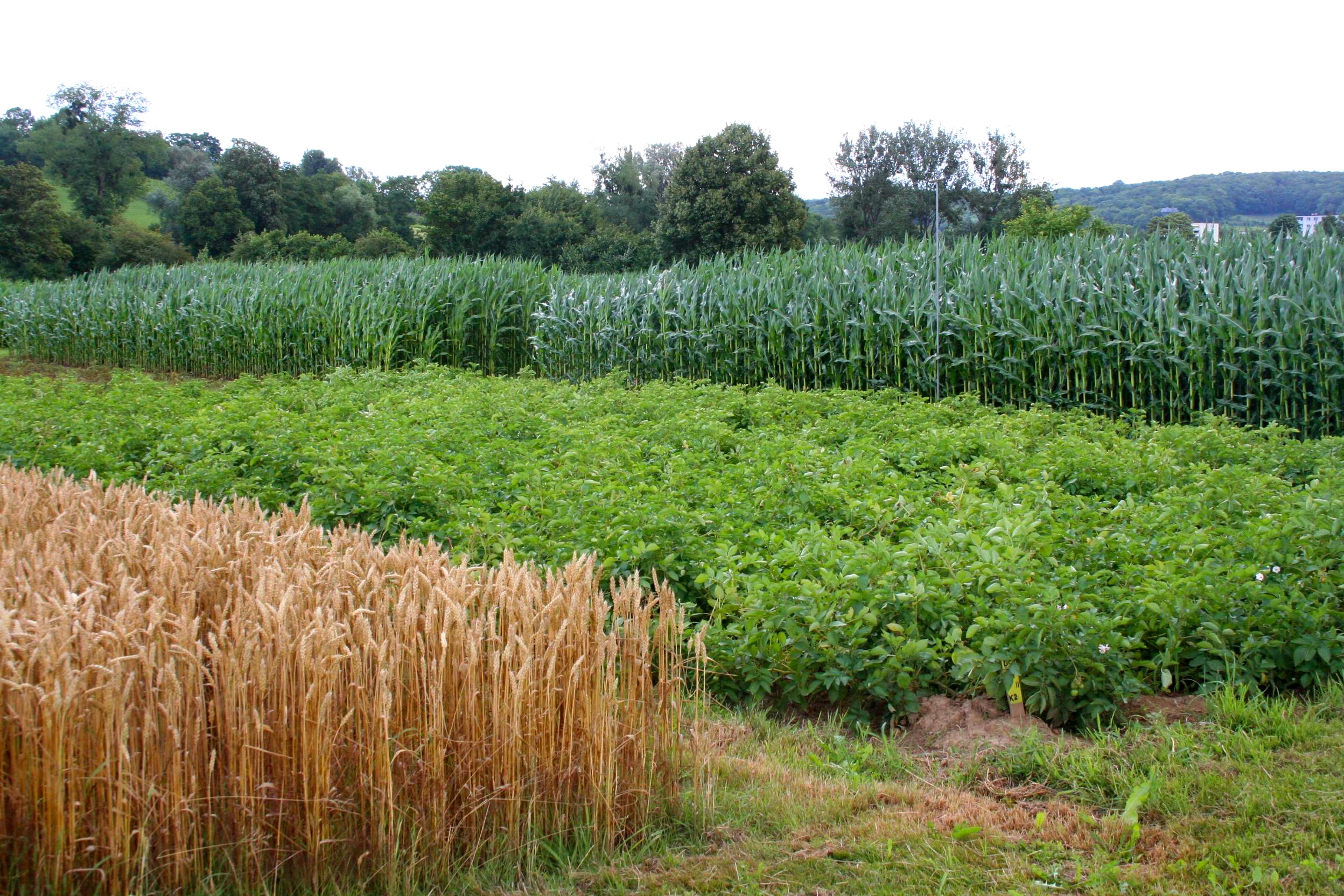The Group
One of the challenges of this century is to sustainably meet the changing needs of the growing world population using fewer natural resources. The needed increase in food production goes along with an increased nutrient demand by crops. Severe problems are caused when too little or too much nutrients are added in agro-ecosystems. The Plant Nutrition group is addressing these challenges in its work (see a presentation of the group of Plant Nutrition Download here (PDF, 7.4 MB)).
Missions
- to understand processes controlling the release of elements from soils and fertilizers and their transfer to roots and plants;
- to develop new concepts and tools for quantifying the fluxes of elements between different compartments of the soil/fertilizer/plant system;
- to support the development of integrated nutrient management schemes to preserve and enhance the natural resource basis and to contribute to food security through ecologically efficient agricultural production systems.
Our vision
Reach a higher nutrient use efficiency in arable and grassland systems via management of soil biological processes
Integrated nutrient management schemes are necessary to achieve food security which is the aim of the World Food System competence centre. Indeed, nutrient management relates to the amount of food being produced as plants need nutrients to grow. Furthermore, nutrient management affects food quality as plant nutrition directly impacts the technological or nutritional value of the products. Nutrient management is also linked to environmental stability as nutrient losses trigger environmental degradation and as resources, such as soil or phosphorus, are not renewable on the human time scale.
The group focuses its research on three elements: phosphorus (P), nitrogen (N) and zinc (Zn). We use radioisotopes (33P, 65Zn), stable isotopes (15N and 18O), and non traditional (metal) stable isotopes (Zn, Cd, and Cu), chemical/physical separations, as well as molecular, biochemical and spectroscopic tools, the latter in collaboration with other groups. We work under controlled laboratory conditions, but also in field experiments that are managed by scientists and on-farm. Our field work is conducted both in Switzerland, Europe and in developing countries (currently in Burkina Faso, Colombia, Côte d’Ivoire, Kenya, Madagascar, and Sri Lanka).
